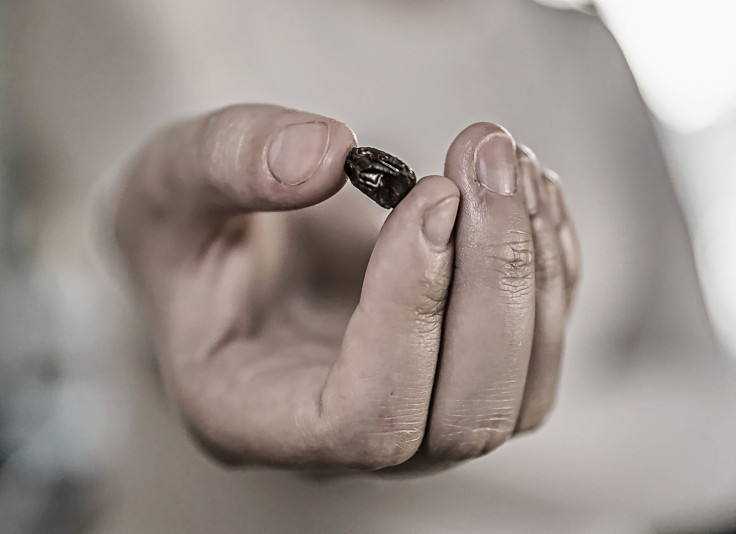5-Minute Raisin Test Predicts Baby's Future Academic Achievement

Want to predict your 20-month-old baby’s academic future? All you need is a plastic cup, a raisin, and five minutes. A new study published in The Journal of Pediatrics reveals how the simple test can predict a child’s academic performance more than seven years later.
"An easy, five-minute raisin game task represents a promising new tool for follow-up assessments to predict attention regulation and learning in preterm and term born children," said the study’s senior author Dieter Wolke, a psychology professor at Warwick Medical School, in a press release. "The results also point to potential innovative avenues to early intervention after preterm birth."
For the study, researchers examined 558 children born at 25 to 41 weeks. According to Parents magazine, babies born at 37 weeks old are considered full term, while any babies born at 36 weeks or earlier are considered premature. At 20 months old, the toddlers in the study were given a raisin that was then placed under a plastic see-through cup by researchers. The toddlers were told to wait until they received permission before touching and eating the raisin. Those who were born prematurely were more likely to take the raisin before they were given permission to, while babies who were born full term did not.
Seven years later, those same children were evaluated by a team of psychologists and pediatricians using three different tests to assess attention. Next, they measured academic achievement using standardized tests that included mathematics, reading, spelling, and writing. In this portion of the study, children who were born prematurely had poorer attention skills and lower academic achievement than their full-term peers.
"This new finding is a key piece in the puzzle of long-term underachievement after preterm birth," Wolke added he and his team believe this could help identify cognitive problems earlier, which could result in developing a special, tailored approach to education to prevent children from underachieving into adulthood.
Source: Jaekel J, Eryigit-Madzwamuse S, and Wolke D. Preterm Toddler’s Inhibitory Control Abilities Predict Attention Regulation and Academic Achievement at Age 8 Years. The Journal of Pediatrics. 2015.



























